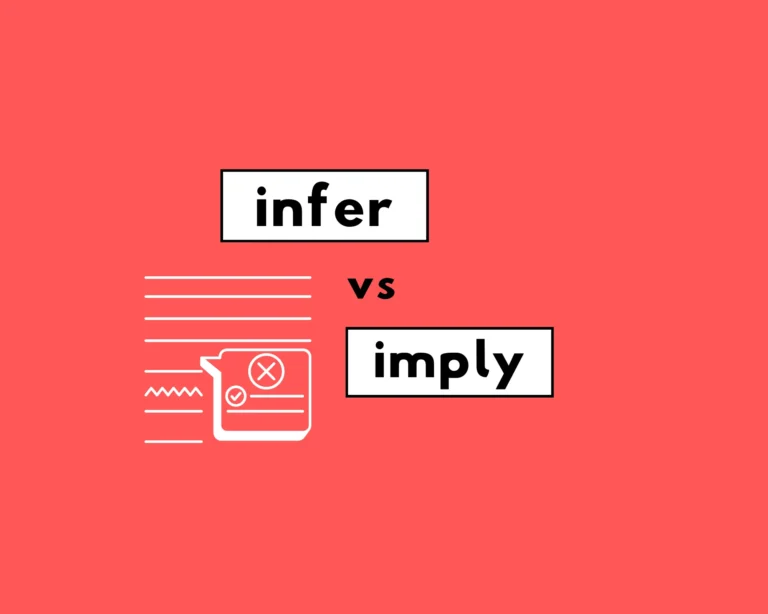
Infer vs. Imply?
What’s the difference between infer vs imply? To start, they’re two different words with distinct meanings—so be sure not to confuse them in writing.
Explore the breadths and depths of Grammarflex’s knowledge base, containing resources and comprehensive guides on pretty much everything you could want to know related to English grammar and writing.
Learn all about the main parts of speech, which (in case you forgot) comprises of verbs, nouns, adjectives, pronouns, adverbs, conjunctions, prepositions and interjections. Beyond the fundamentals of English grammar, you’ll find guide on writing mechanics and style, literary devices amd more.


What’s the difference between infer vs imply? To start, they’re two different words with distinct meanings—so be sure not to confuse them in writing.
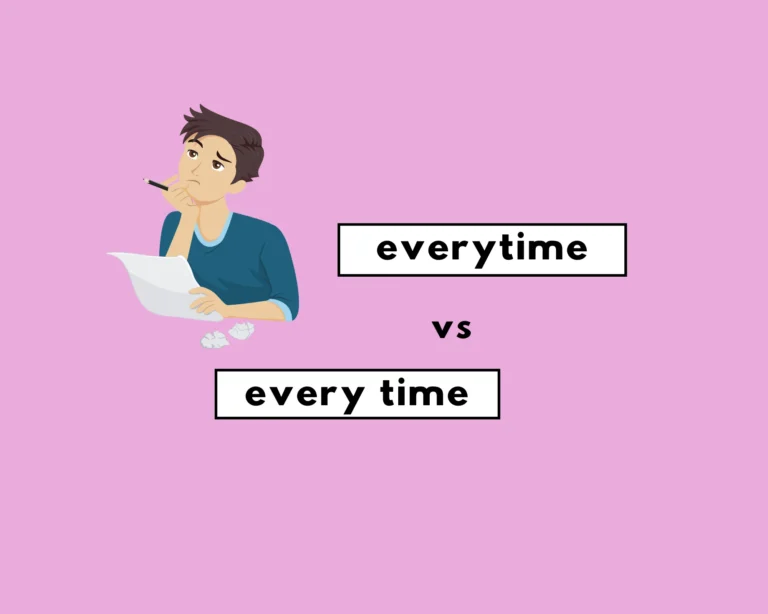
Every time is spelled every time, as two words (every time).
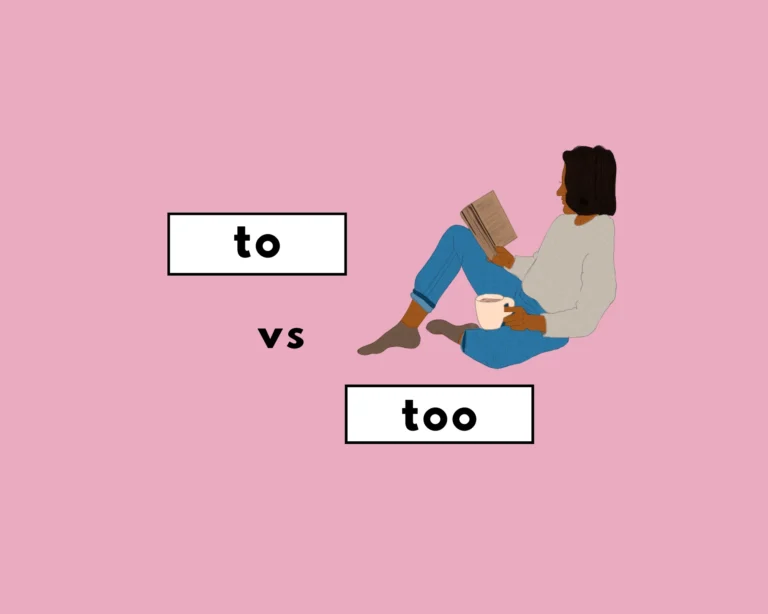
To is a preposition; too is mostly functions as an adverb; and two refers the the number.

What does Miss, Ms., and Mrs. mean? What are the differences between them?
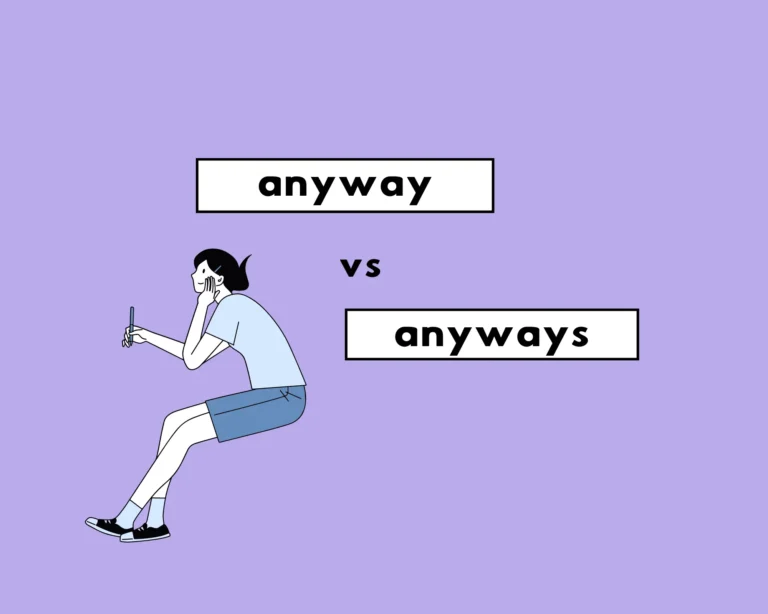
Anyway is correct, without the -s. Anyways is considered incorrect and improper English (don’t spell anyways with an -s).
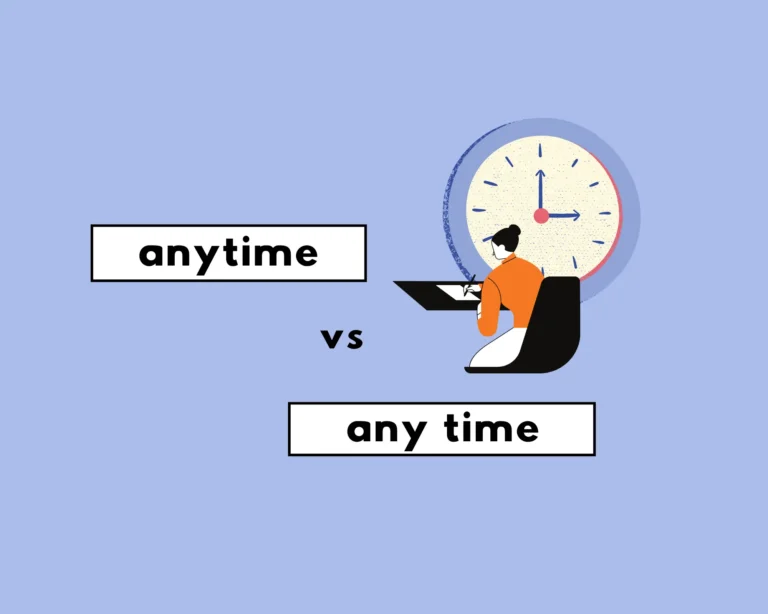
Is any time one or two words? Do you have any time to read this article to figure it out?
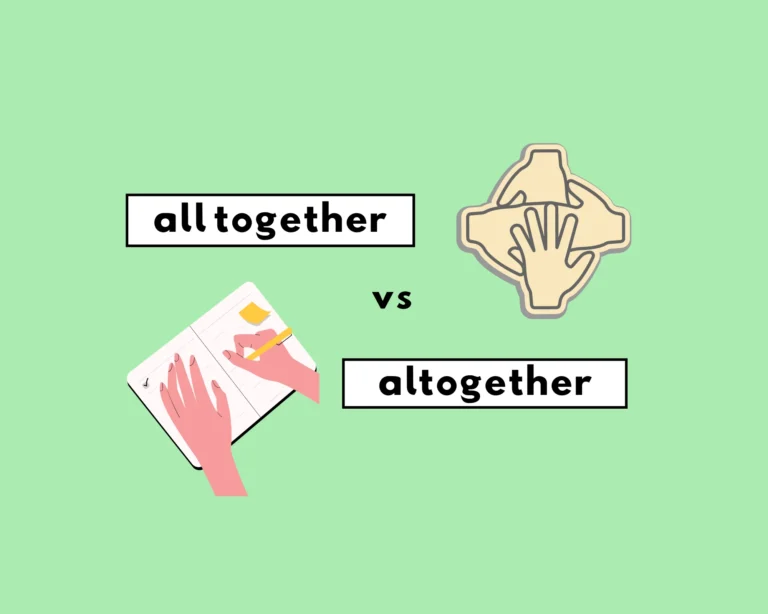
Altogether is a compound word, whereas all together is an all-phrase.
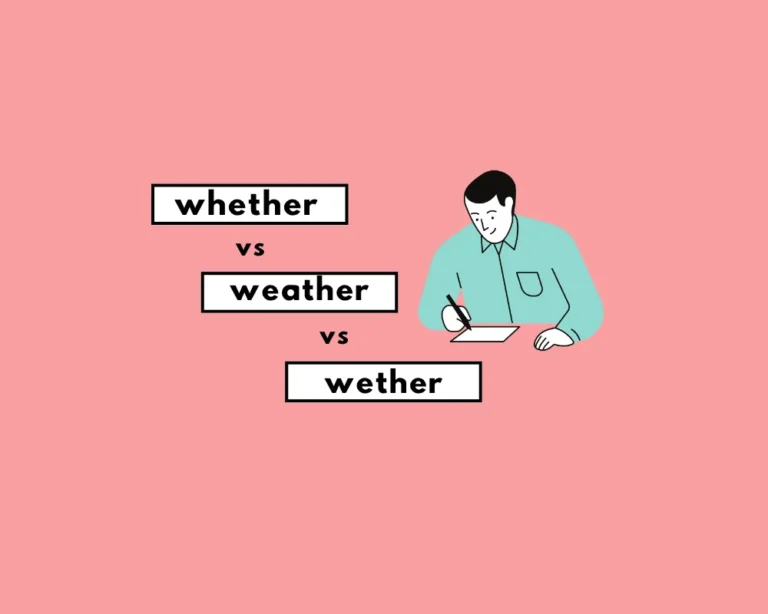
Is it whether, weather, or wether? One refers to one or two possible choices, the other describes what it’s like outside.
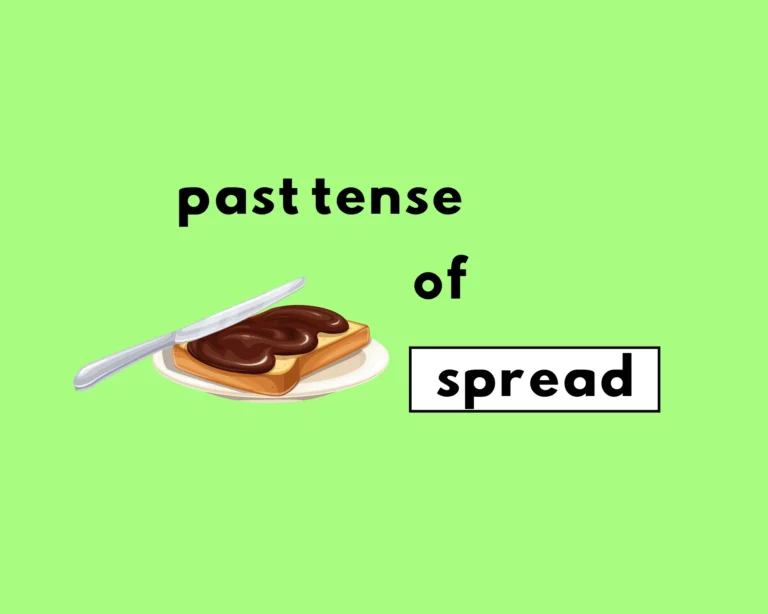
Is it spread, spreaded, or sprung …? If you guessed, ‘sprung’, you need to flex your grammar muscles more often.